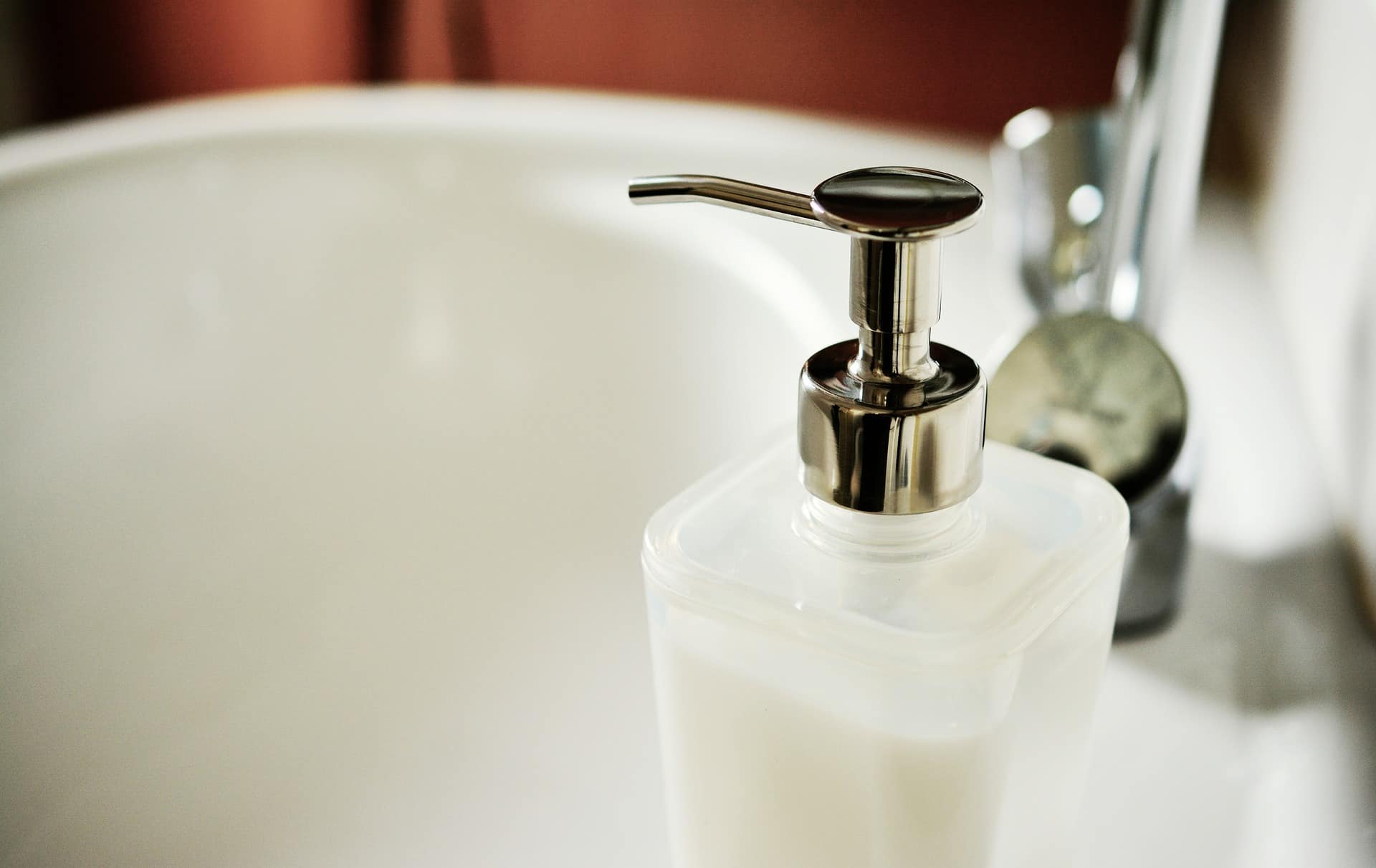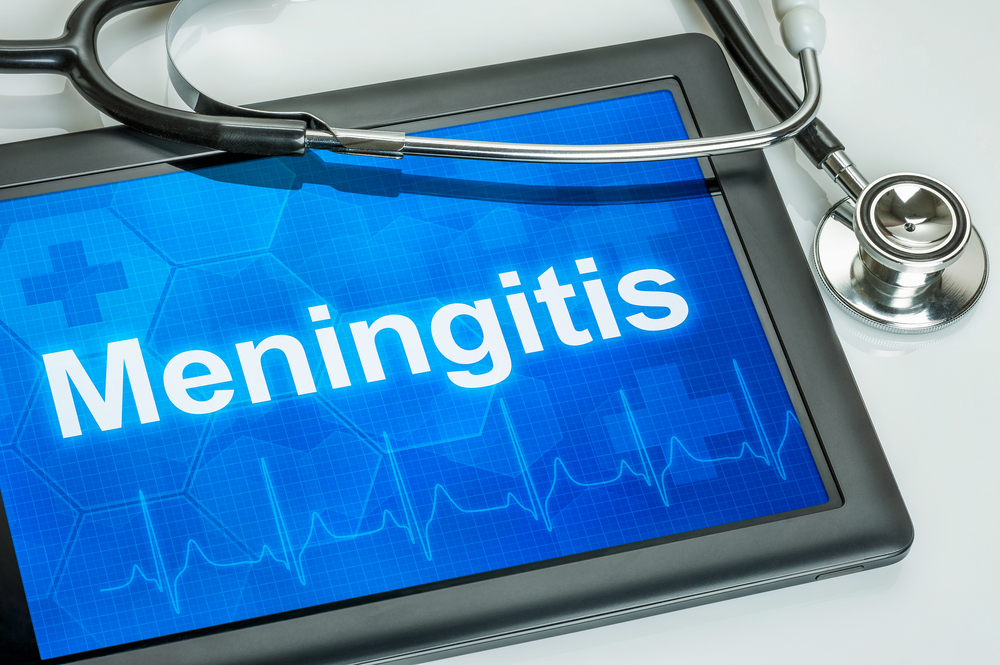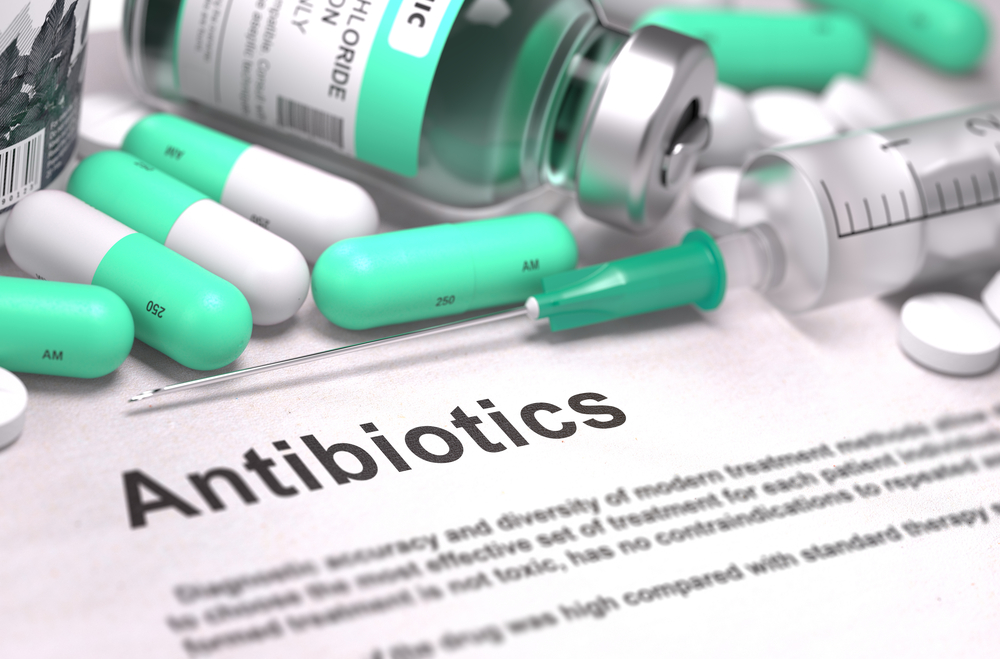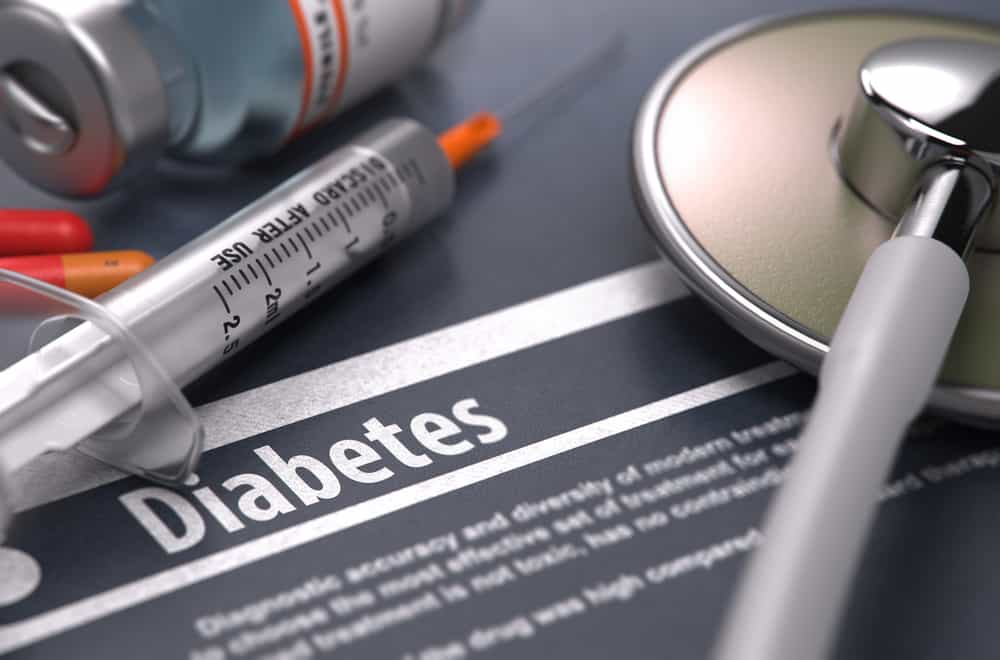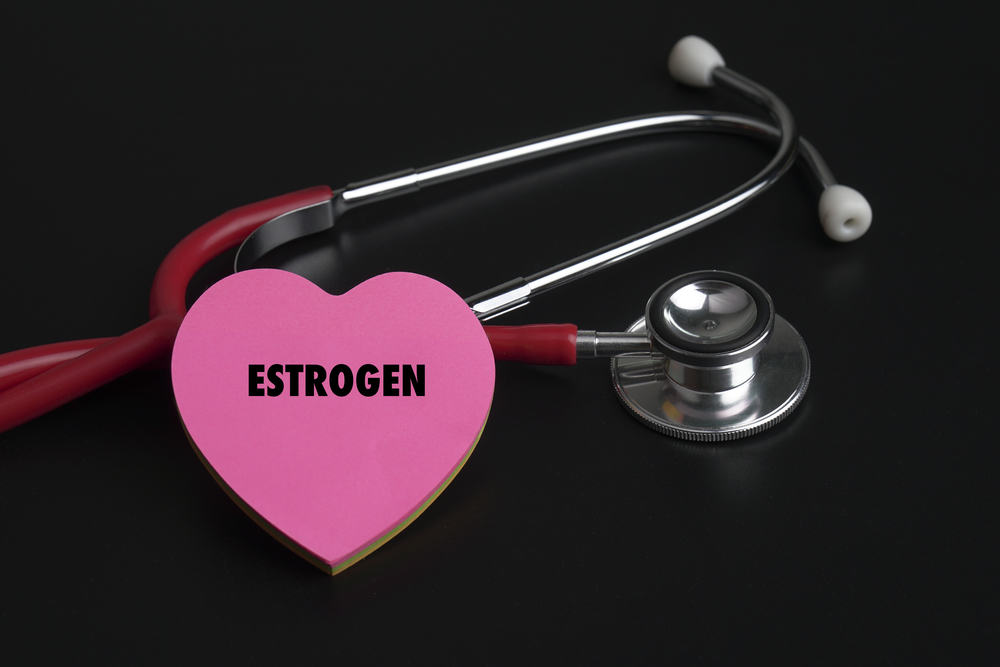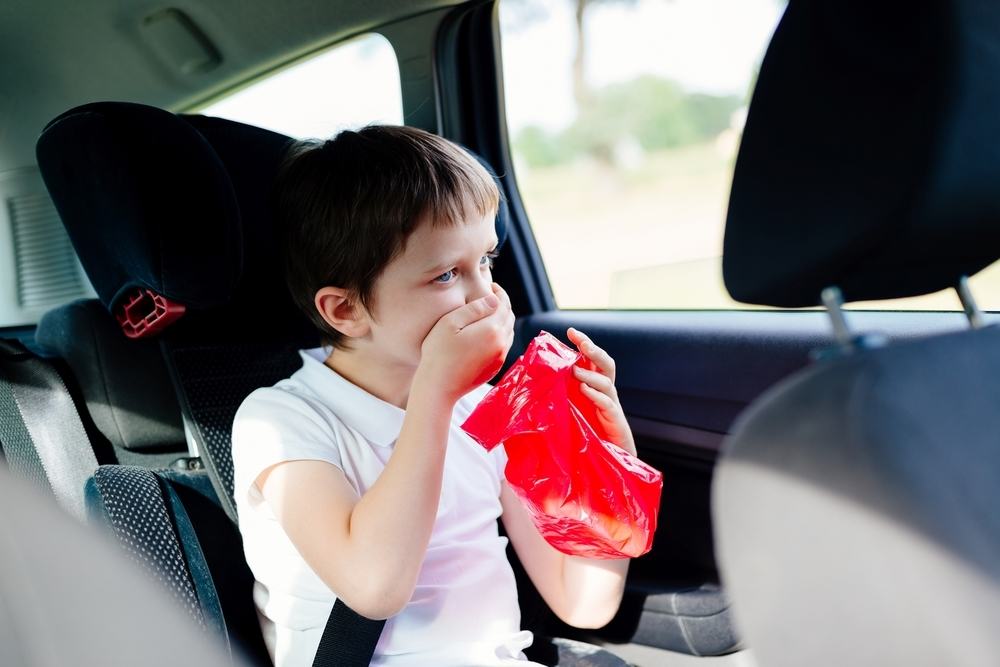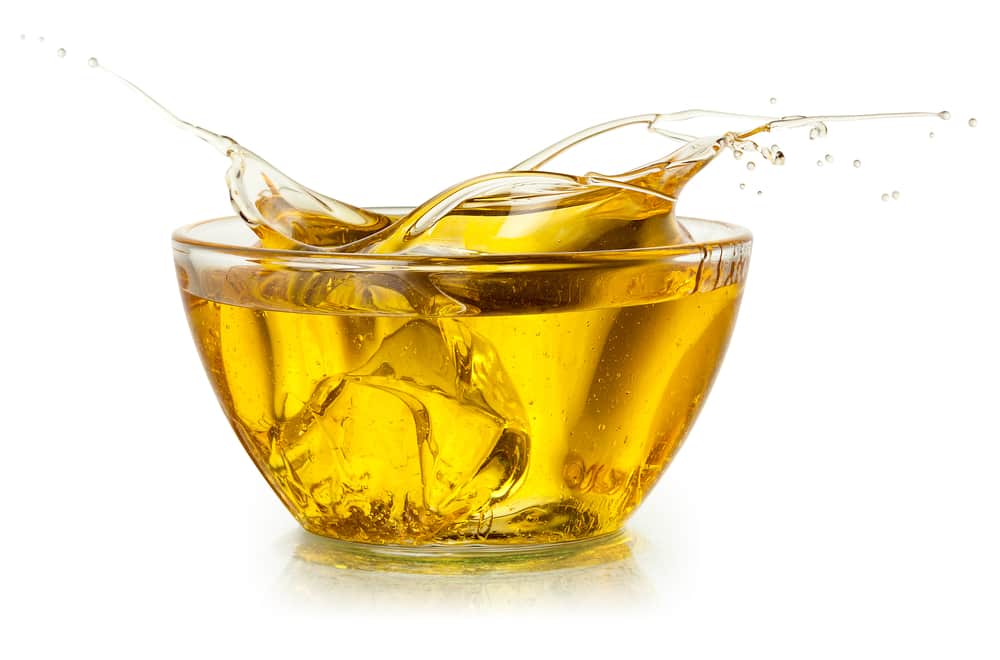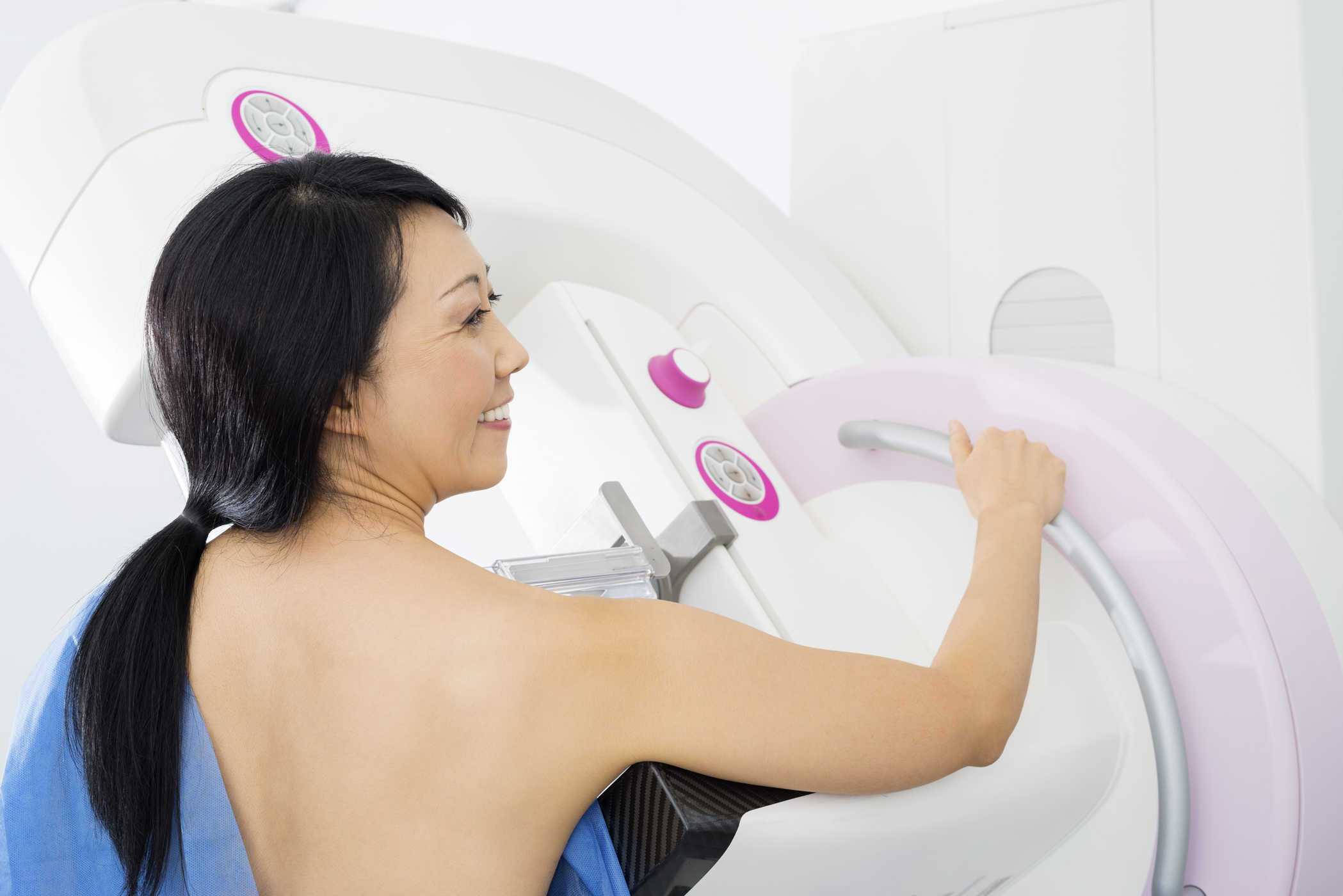Contents:
- Medical Video: Allergies, Antibiotics & The Immune System w/ Dr. Leo Galland
- What is meant by antibacterial soap?
- What is Triclosan?
- How does Triclosan cause antibiotic resistance?
- Triclosan and health problems
- What should you do?
Medical Video: Allergies, Antibiotics & The Immune System w/ Dr. Leo Galland
When you want to buy bath soap or hand washing soap, do you buy a product labeled "antibacterial" in the hope that the product will keep your family safer? Do you think antibacterial soap will reduce your risk of getting infected with germs?
According to recent research, antibacterial ingredients found in soap can actually cause bacteria to become resistant to antibiotics.
What is meant by antibacterial soap?
Antibacterial soap (sometimes called antimicrobial or antiseptic soap) contains certain chemicals that are not found in ordinary soap. These ingredients are added to soap in order to reduce or prevent bacterial infections.
Many antibacterial labeled liquid soaps contain triclosan, a material that has become a lot of attention nowadays.
What is Triclosan?
Triclosan is an active ingredient that is added to various types of soaps and cleaning products, which are claimed to have an antibacterial and anti-fungal effect.
In 2016, the US food and drug regulatory agency (FDA) has banned the addition of triclosan to soap for security reasons and lack of evidence indicating that soap with triclosan can work better than ordinary soap. However, this material can still be found in other products, such as soap used in health services or hospitals.
Triclosan is also widely added to other products such as toys, furniture, and clothing to prevent bacterial contamination. The FDA has warned that triclosan can cause resistance to antibiotics, a condition in which bacteria evolve and develop ways to avoid antibiotic drugs, thus ultimately making antibiotics ineffective.
How does Triclosan cause antibiotic resistance?
A recent study published at Journal of Antimicrobial Chemotherapy, explaining the possibility of how triclosan can cause antibiotic resistance.
Researchers focus on a phenomenon called cross resistance (cross-resistance), which is a condition that occurs when exposure to an antibacterial ingredient can cause bacteria to become resistant to other similar antibacterial agents, even though they have never been exposed before. This study found that some types of bacteria that are resistant to quinolone antibiotics, they are also resistant to triclosan.
Quinolone kills bacteria by destroying enzymes for bacterial DNA replication, so that bacteria cannot replicate and die. However, bacteria can develop their defense mechanisms by mutating, which can stop the effects of quinolones in destroying bacterial DNA, so that the bacteria become resistant to quinolones.
Researchers found that these mutations can also cause bacteria to become resistant to triclosan, and the researchers suspect that the phenomenon can occur in reverse, where exposure to triclosan can make bacteria evolve and cause them to be resistant to quinolones.
Triclosan and health problems
Triclosan can be found in various products today, such as soap, toys, furniture, and clothing with the aim of preventing bacterial contamination. Therefore, long-term exposure to triclosan turned out to be higher than imagined, and caused an increase in concerns about the potential risks that could be generated from these materials.
Various studies have found that triclosan can contribute to making bacteria resistant to antibiotics, thus affecting the effectiveness of medical treatment. This can adversely affect health problems because of the limited number of drugs that are still effective in treatment.
The World Health Organization (WHO) has previously warned that antibiotic resistance is one of the biggest threats to global health.
What should you do?
Then, what should you do to prevent this. Wash your hands with ordinary soap and water. This is one of the important steps you can take to avoid illness and prevent the risk of antibiotic resistance.

